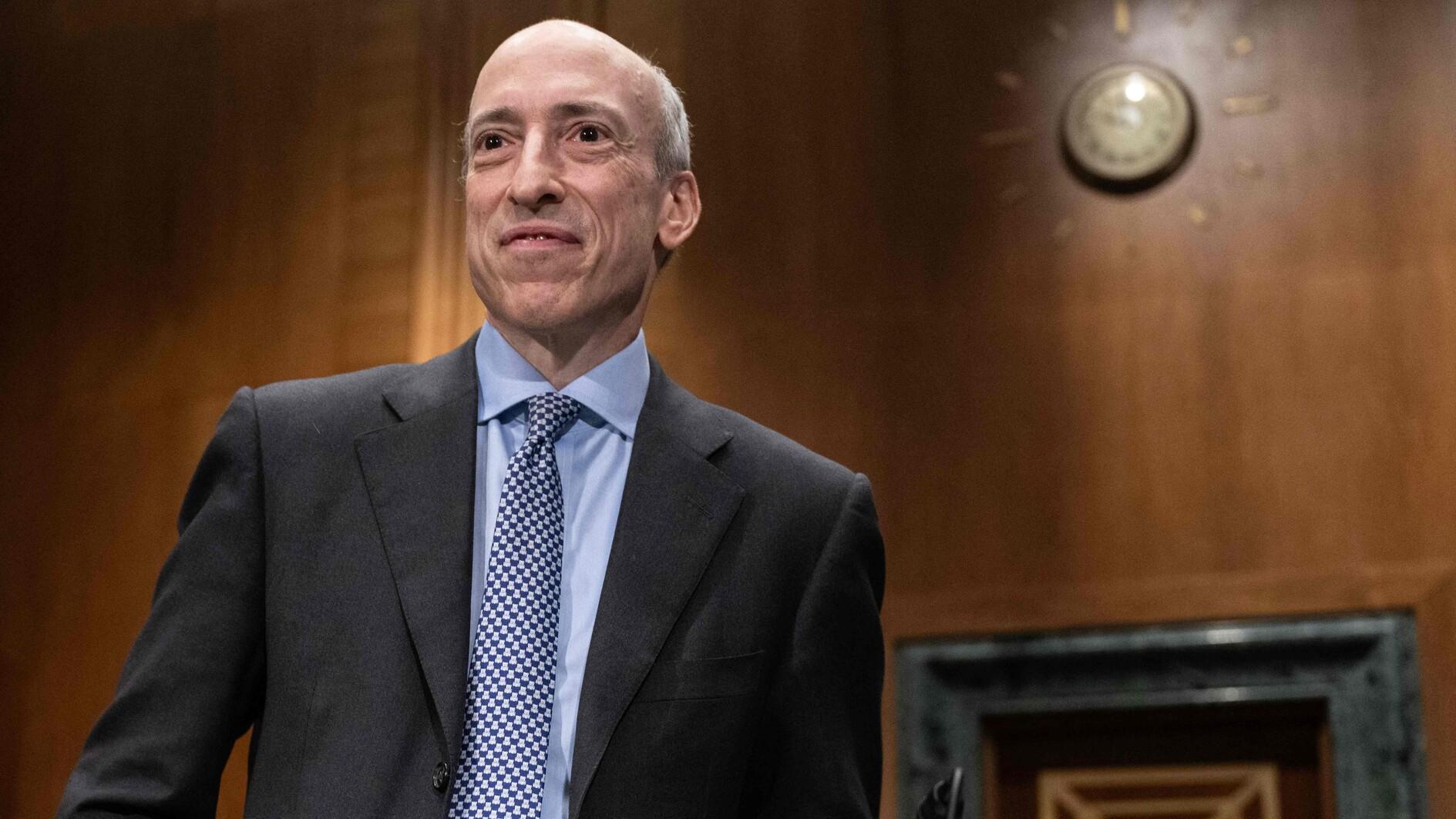Investor charged for ’Ponzi scheme’
Bloomberg

refid:10557619 ilişkili resim dosyası
Bernard Madoff, founder and president of a New York firm that invested funds for wealthy individuals, hedge funds and other institutions, was charged with operating what he told employees was a long-running $50 billion Ponzi scheme in what may be one of the largest frauds in history.Madoff, 70, head of Bernard L. Madoff Investment Securities, was arrested Thursday morning by the FBI and appeared before U.S. Magistrate Judge Douglas Eaton in Manhattan federal court. Charged in a criminal complaint with a single count of securities fraud, he was released on $10 million bond guaranteed by his wife and secured by his apartment.
"It’s all just one big lie," Madoff told his employees on Dec. 10, according to the government. The firm, Madoff allegedly said to them, is "basically, a giant Ponzi scheme."
Madoff faces as much as 20 years in prison and a $5 million fine if convicted. His New York-based firm was the 23rd largest market maker on Nasdaq in October, handling a daily average of about 50 million shares a day, exchange data show. It specialized in handling orders from online brokers in some of the largest U.S. companies, including General Electric and Citigroup.
A pioneer of Wall Street
"He’s one of the pioneers of modern Wall Street," said James Angel, an associate business professor at Georgetown University in Washington. Madoff’s firm was among the first to automate market-making, in which a dealer continually buys and sells stock. The company was among the largest to offer "payment for order flow," or paying to handle customer orders.
"The exchanges didn’t like the practice and questioned whether customers got the best price," Angel said.
Madoff was also sued by the U.S. Securities and Exchange Commission.
"Bernard Madoff is a longstanding leader in the financial services industry," said defense lawyer Dan Horwitz. "We will fight to get through this unfortunate set of events. He’s a person of integrity."
Thomas Ajamie, a securities lawyer in Houston who won a $429 million arbitration award against Paine Webber Group in 2001, speculated that Madoff "couldn’t keep the Ponzi scheme going because investors were accelerating their redemptions."
The SEC in its complaint, also filed in Manhattan federal court, accused Madoff of a "multi-billion dollar Ponzi scheme that he perpetrated on advisory clients of his firm."
The agency said it’s seeking emergency relief for investors, including an asset freeze and the appointment of a receiver for the firm.
Madoff ran his investment advisory business from a separate floor of his firm’s office, keeping financial statements "under lock and key," prosecutors said. Early in December, he told one employee that clients wanted to redeem about $7 billion and that he was struggling to free up the funds, the government said. After he told another staff member Dec. 9 that he wanted to pay annual bonuses before the year’s end, two months early, a pair of senior employees asked to speak with him, prosecutors said.
’Just one big lie’
When a staff member challenged his explanations, Madoff invited them to his Manhattan apartment, saying he "wasn’t sure he would be able to hold it together" if they continued talking at the office, the government said.
While meeting with two employees at his home, Madoff conceded that he was "finished," that his advisory business is "all just one big lie" and "basically, a giant Ponzi scheme," the government said. The business had been insolvent for years with losses of about $50 billion, he told the employees, according to the criminal and SEC complaints.Madoff said he had about $200 million to $300 million left and planned to distribute money to select employees, family and friends before surrendering to authorities in about a week, the government said.
















